目录
- 前言
- 一、测距原理
- 二、代码
- 1.引入库
- 2.读入数据
- 总结
前言
去年暑假参加了一个比赛,比赛内容中需要确定目标的位置 本来想全用图像完成的,最后发现不是很符合要求。比完赛之后,就忙别的事了。直到现在突然想试试摄像头测距。就来了

一、测距原理
摄像头单目测距原理及实现
空间的深度或距离等数据的摄像头。
人的眼睛长在头部的前方,两只眼的视野范围重叠,两眼同时看某一物体时,产生的视觉称为双眼视觉。
双眼视觉的优点是可以弥补单眼视野中的盲区缺损,扩大视野,并产生立体视觉。

f为摄像头的焦距,c为镜头光心
模型的主要依据公式为f/d=h/H,设物体所在平面与相机平面的距离为d,物体实际高度为H,在传感器上的高度为h
根据这个模型,我们就能求出目标物体与我们的摄像头平面的距离。分两种情况,但是这两种情况的条件都是假设实际物体与摄像机所在平面平行。
一种是当物体主线段过光心的情况,这种情况是最容易计算的, 即 h=sqrt ((横坐标之差*Dx)2+(纵坐标之差*Dy)2), Dx为每个像素的宽度,Dy为每个像素的高度,
二、代码
1.引入库
代码如下(示例):
import cv2 from cvzone.HandTrackingModule import HandDetector import math import numpy as np import cvzone
2.读入数据
调用电脑摄像头,或者外接别的摄像头也可以
调用 cvzone 自带的手部检测器cap = cv2.VideoCapture(0) cap.set(3, 1280) cap.set(4, 720) detector = HandDetector(detectionCon=0.8, maxHands=1)
编写函数,转化为距离循环打印显示
whil编程客栈e True:
success, img = cap.read()
hands = detector.findHands(img, draw=False)
if hands:
lmList = hands[0]['lmList']
x, y, w, h = hands[0]['bbox']
x1, y1 = lmList[5]
x2, y2 = lmList[17]
distance = int(math.sqrt((y2 - y1) ** 2 + (x2 - x1) ** 2))
A, B, C = coff
distanceCM = A * distance ** 2 + B * distance + C
print(distanceCM, distance)
cv2.rectangle(img, (x, y), (x + w, y + h), (255, 0, 255), 3)
cvzone.putTextRect(img, f'{int(distanceCM)} cm', (x+5, y-10))
cv2.imshow("Image", img)
cv2.waitKey(1)
完整代码
import cv2
from cvzone.HandTrackingModule import HandDetector
import math
import numpy as np
import cvzone
cap = cv2.VideoCapture(0)
cap.set(3, 1280)
cap.set(4, 720)
# Hand Detector
detector = HandDetector(detectionCon=0.8, maxHands=1)
# Find Function
# x is the raw distance y is the value in cm
x = [300, 245, 200, 170, 145, 130, 112, 103, 93, 87, 80, 75, 70, 67, 62, 59, 57]
y = [20, 25, 30, 35, 40, 45, 50, 55, 60, 65, 70, 75, 80, 85, 90, 95, 100]
coff = np.polyfit(x, y, 2) # UbFEaQWy = Ax^2 + Bx + C
while True:
success, img = cap.read()
hands = detector.findHands(img, draw=False)
if hands:
lmList = hands[0]['lmList']
x, y, w, h = hands[0]['bbox']
x1, y1 = lmList[5]
x2, y2 = lmList[17]
http://www.cppcns.com distance = int(math.sqrt((y2 - y1) ** 2 + (x2 - x1) ** 2))
A, B, C = coff
distanceCM = A * distance ** 2 + B * distance +编程客栈 C
print(distanceCM, distance)
cv2.rectangle(img, (x, y), (x + w, y + h), (255, 0, 0), 3)
cvzone.putTextRect(img, f'{int(distanceCM)} cm', (x+5, y-10)编程客栈)
cv2.imshow("Image", img)
cv2.waitKey(1)
效果图:

总结
通过简单的几行代码,就可以实现视频测距。我是以手为检测目标测距,当然你也可以,调用别的分类检测器,搭配目标检测网络实现各种物体的检测 测距。(建议备一个,高清的摄像头。)
本项目的视频测距的 误差 大概在±2cm左右。到此这篇关于基于OpenCV的摄像头测距的实现示例的文章就介绍到这了,更多相关OpenCV摄像头测距内容请搜索我们以前的文章或继续浏览下面的相关文章希望大家以后多多支持我们!

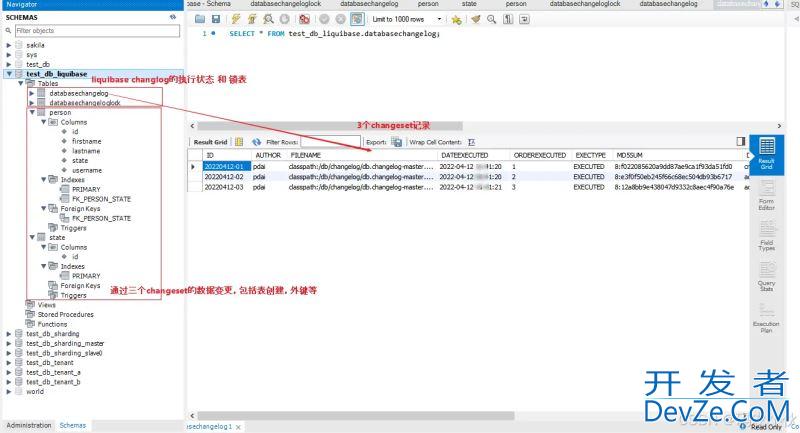

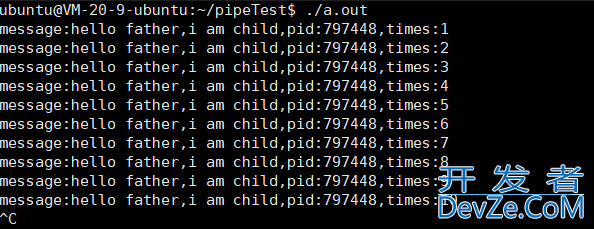
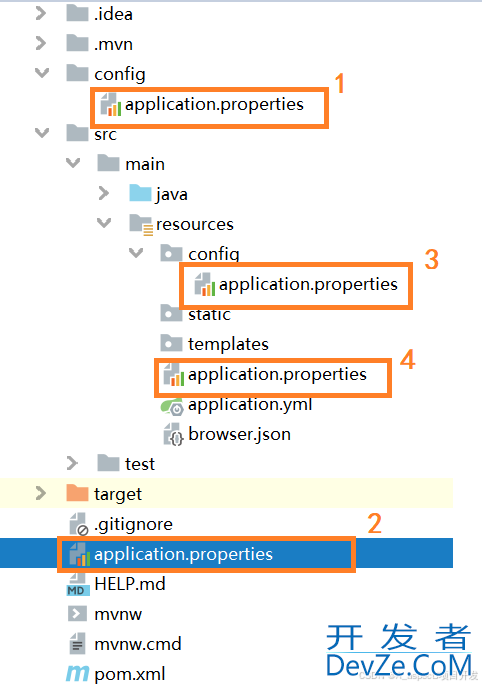
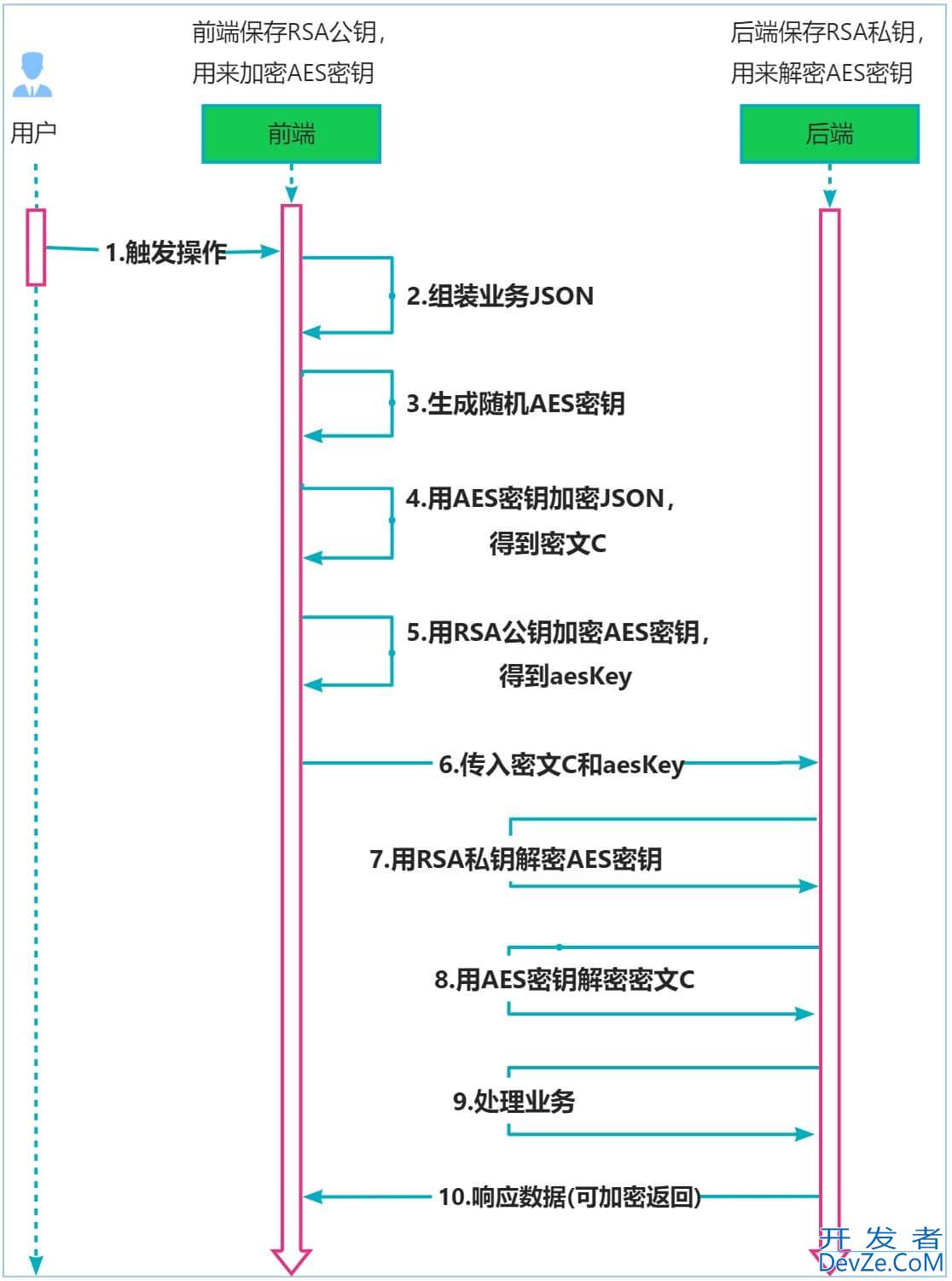
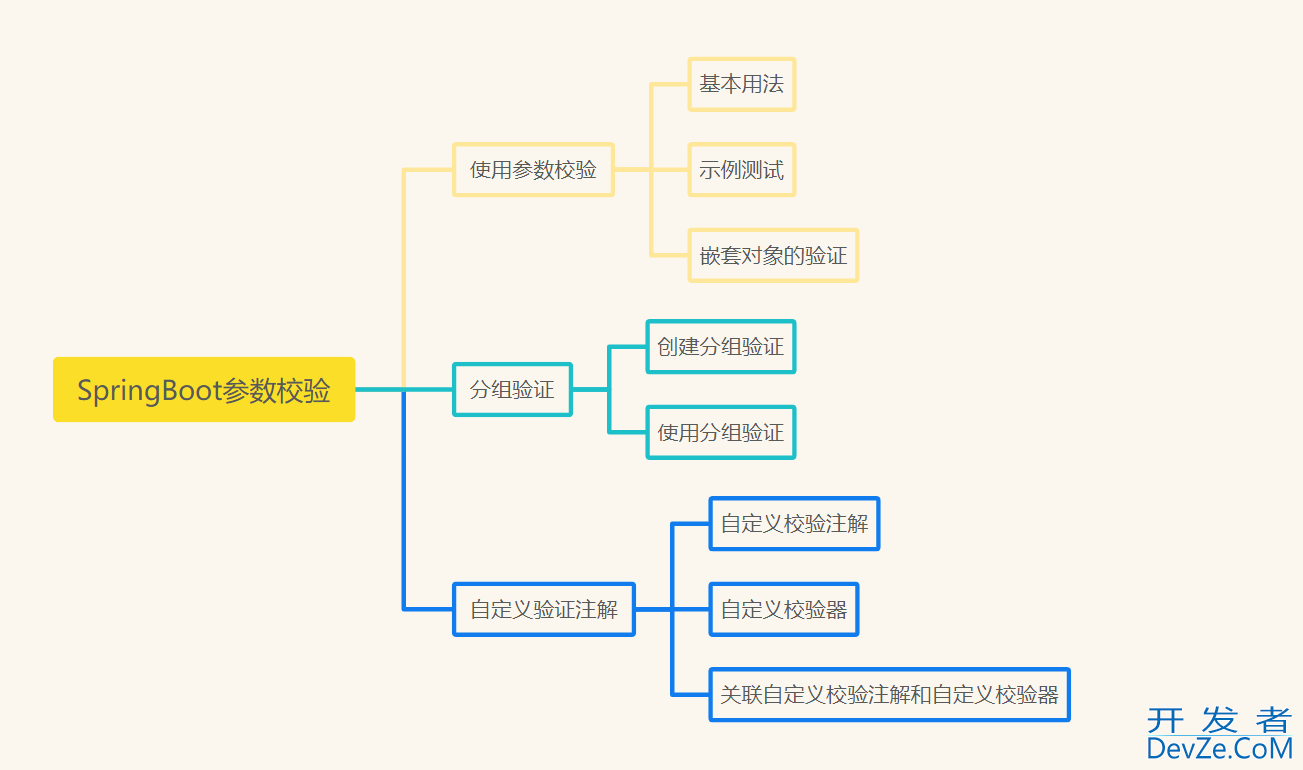

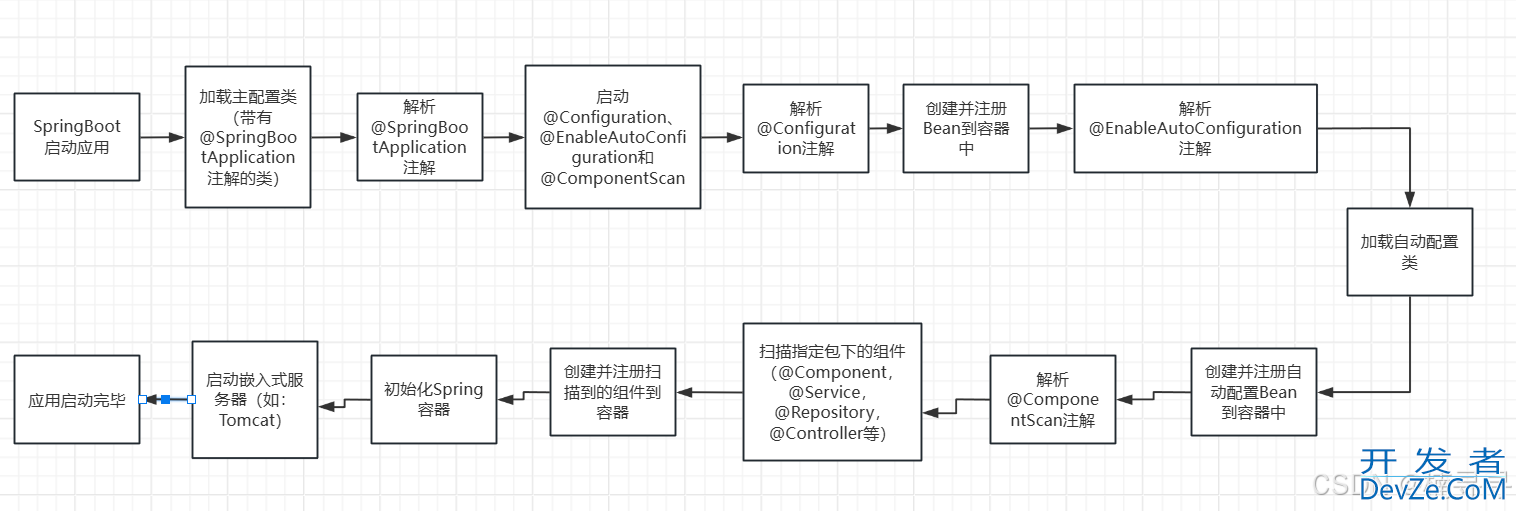
 加载中,请稍侯......
加载中,请稍侯......
精彩评论